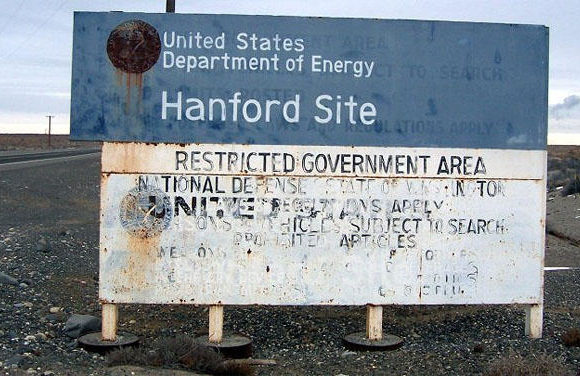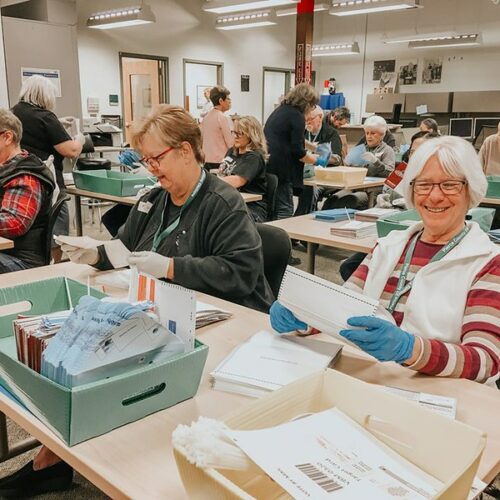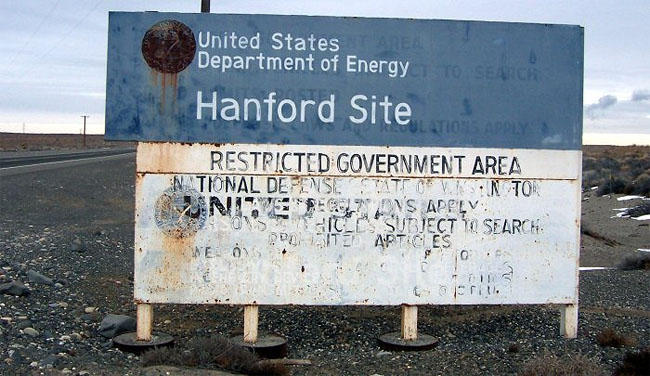
Several Workers Possibly Contaminated At Hanford Nuclear Site
Story originally published Dec. 14, 2017
A half-dozen demolition workers may have been contaminated at the Hanford nuclear site.
Since last Friday, six workers have shown up as possibly contaminated. One worker was possibly contaminated twice.
The workers wear little lapel meters on their collars that sip air and are sent to a lab each day. Those alerted that there might have been elevated levels of radioactive material around them.
The Plutonium Finishing Plant is where this all happened. That was a massive building that used to make so-called plutonium buttons — like the size of hockey pucks — for bombs since 1949.
Workers have been steadily working to tear down that plant since 20-16. It’s nearly done. They think it will be slab on grade in January.
The workers now have to undergo a bioassay. They test each workers’ feces to see if they might have ingested some radioactive material.
Those tests will take about a month to get back.
The president of CH2MHill Plateau Remediation Company says what’s vexing is that the contamination doesn’t appear to have any clear signature or single source. It will take investigating to find out where this material might be coming from.
“We don’t ever take contamination events lightly,” said Ty Blackford, President CH2MHill Plateau Remediation Company. “And if we don’t understand what it is, or where its coming from — the safety of the people first.”
Some of the contamination events happened about 150 yards away from the demo site, while the others
Related Stories:
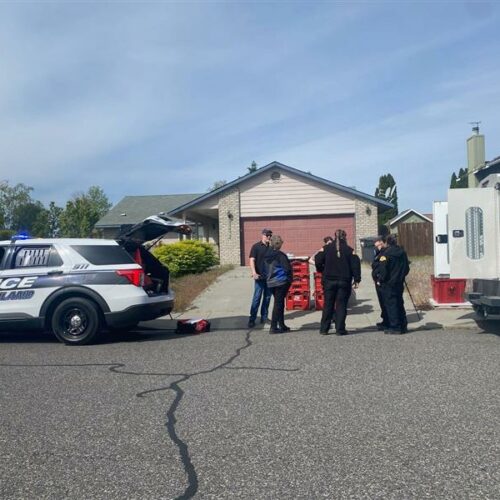
West Richland double-murder, kidnapping suspect shot at police, officials say
FBI, county and police officials wait for the all-clear to collect evidence at the home of Elias Huizar, 39, where his 17-year-old girlfriend, Angelica Santos, was found dead. (Credit: Anna… Continue Reading West Richland double-murder, kidnapping suspect shot at police, officials say

New funding to build farmworker housing in the Pacific Northwest, nationwide
The United States Department of Agriculture is soliciting applications for funding to build farmworker housing nationwide.
In the Pacific Northwest, leaders hope the money can address gaps in farmworker housing. The Pacific Northwest is in a housing crisis and that impacts rural small businesses and agricultural producers, as well as farmworkers, said Helen Price Johnson, who is the Washington State Rural Development director for the USDA.
Continue Reading New funding to build farmworker housing in the Pacific Northwest, nationwide
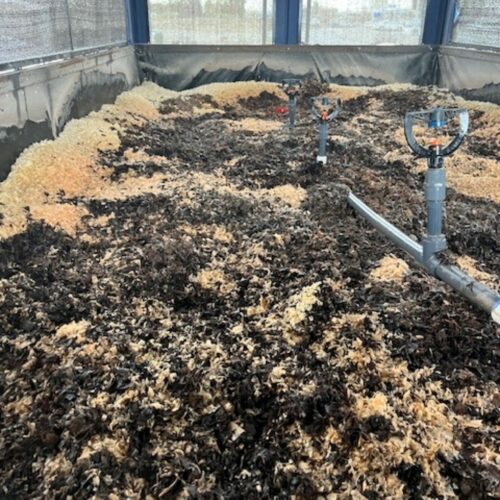
Worms eating airport deicer fluid could be greener approach to airline waste
The Tri-Cities Airport in Pasco is piloting a new program that could lead the country in cleanly disposing of deicing wastewater using worms. (Credit: BioFiltro) Listen (Runtime 0:57) Read To… Continue Reading Worms eating airport deicer fluid could be greener approach to airline waste

